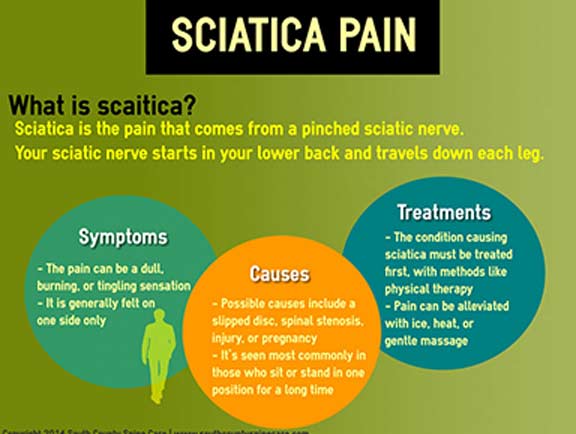Are Acupuncture Points Real? A Comprehensive Check Out Meridian Theory
Are Acupuncture Points Real? A Comprehensive Check Out Meridian Theory
Blog Article
Post Writer-Bowles Dalby
You might be wondering about the presence of acupuncture factors and their duty in conventional Chinese medicine. These factors, connected to meridian theory, recommend a special system of energy flow in the body. While historic texts lay a structure, modern-day scientific research offers new understandings right into their importance. Are these old concepts suitable with contemporary understanding? The response might shock you as we check out the junction of tradition and modern research.
The Historic Origins of Acupuncture and Meridian Concept
Acupuncture, with its elaborate network of meridians, has deep historical origins that map back thousands of years in ancient China.
You'll discover that very early texts, like the Huangdi Neijing, laid the structure for understanding exactly how energy moves via the body. These writings presented the idea of Qi, the vital force that circulates along the meridians.
As you discover this ancient technique, you'll uncover exactly how experts determined specific points to affect health and wellness and balance.
Over centuries, acupuncture advanced, including different techniques and approaches, yet it continued to be deeply attached to its origins.
Scientific Point Of Views on Acupuncture Things
While many people still view acupuncture as an ancient art rooted in practice, scientific research has increasingly shed light on the physiological systems behind acupuncture factors.
Researches suggest these points may correspond to locations rich in nerve endings, blood vessels, and connective cells. When swollen lower back stimulate these points, they can cause biochemical responses, such as the release of endorphins and other neurotransmitters, which help ease discomfort and promote recovery.
Imaging techniques like functional MRI have revealed changes in mind task associated with acupuncture, sustaining its efficacy.
While chelation therapy continues to be, expanding evidence indicate a prospective biological basis for acupuncture, welcoming more exploration into how these ancient techniques can line up with modern scientific understanding.
Integrating Old Practices With Modern Medicine
As more doctor identify the value of alternative approaches, incorporating ancient techniques like acupuncture with modern-day medication is ending up being significantly relevant.
You may discover that integrating these approaches can improve individual care, providing an extra detailed treatment strategy. By recognizing the benefits of acupuncture-- such as pain alleviation and tension decrease-- you're not just attending to physical signs and symptoms however also advertising general wellness.
This integration allows you to tailor therapies to individual requirements, bridging the gap between standard wisdom and modern medical techniques. Working together with more resources can also broaden your knowledge and give your people with a larger variety of choices.
Ultimately, accepting this combination can lead to enhanced wellness outcomes and an extra well balanced strategy to recovery.
Conclusion
To conclude, acupuncture factors may not fit neatly right into contemporary clinical standards, yet their historical relevance and emerging scientific support recommend they hold worth. By checking out Read the Full Post of old methods and contemporary research study, you can value how these factors might influence wellness. Whether you're a skeptic or a believer, comprehending meridian concept unlocks to new perspectives on health and healing, inviting you to take into consideration the possible advantages of acupuncture in your very own life.
